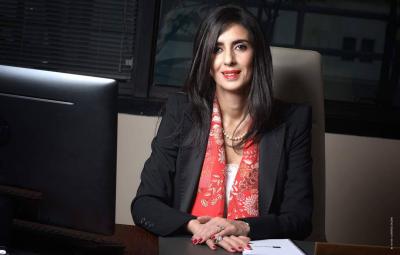Moroccan Finance Minister Nadia Fettah Alaoui revealed today, Monday, that Morocco does not currently intend to make any changes to the range in which currencies are traded. Alaoui stated on the sidelines of the annual "City Week" financial conference that "despite all the fluctuations (in the markets) we witnessed in 2022, the currency remained within the five percent range, so I believe we will not change this range." She added, "There are some issues around the world, and so far I believe the five percent range is quite sufficient for a smooth transition to a more flexible system when conditions allow."
She noted that the support provided by the Moroccan government has helped mitigate inflationary pressures. Morocco began gradual reforms of its currency market in 2018 but has not made any significant changes since 2020 when it expanded the trading range of the dirham against hard currencies to five percent up and down from a previous rate of 2.5 percent.
However, many currency markets in developing countries, including Tunisia and Egypt, have faced significant pressures over the past 14 months. Egypt has undergone three major devaluations of the Egyptian pound. Data released this month indicated that the consumer price index in Egypt rose by 8.2 percent in March compared to the previous year, driven by a 16.1 percent year-on-year increase in food prices. The rise in food prices prompted authorities to impose restrictions on the export of certain vegetables to European and other African markets in an attempt to lower domestic prices, while the government last week abolished the value-added tax on agricultural "inputs."




